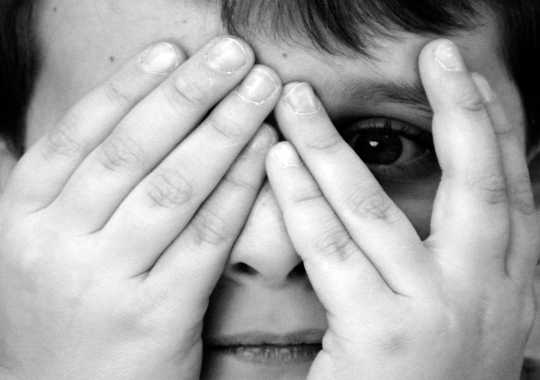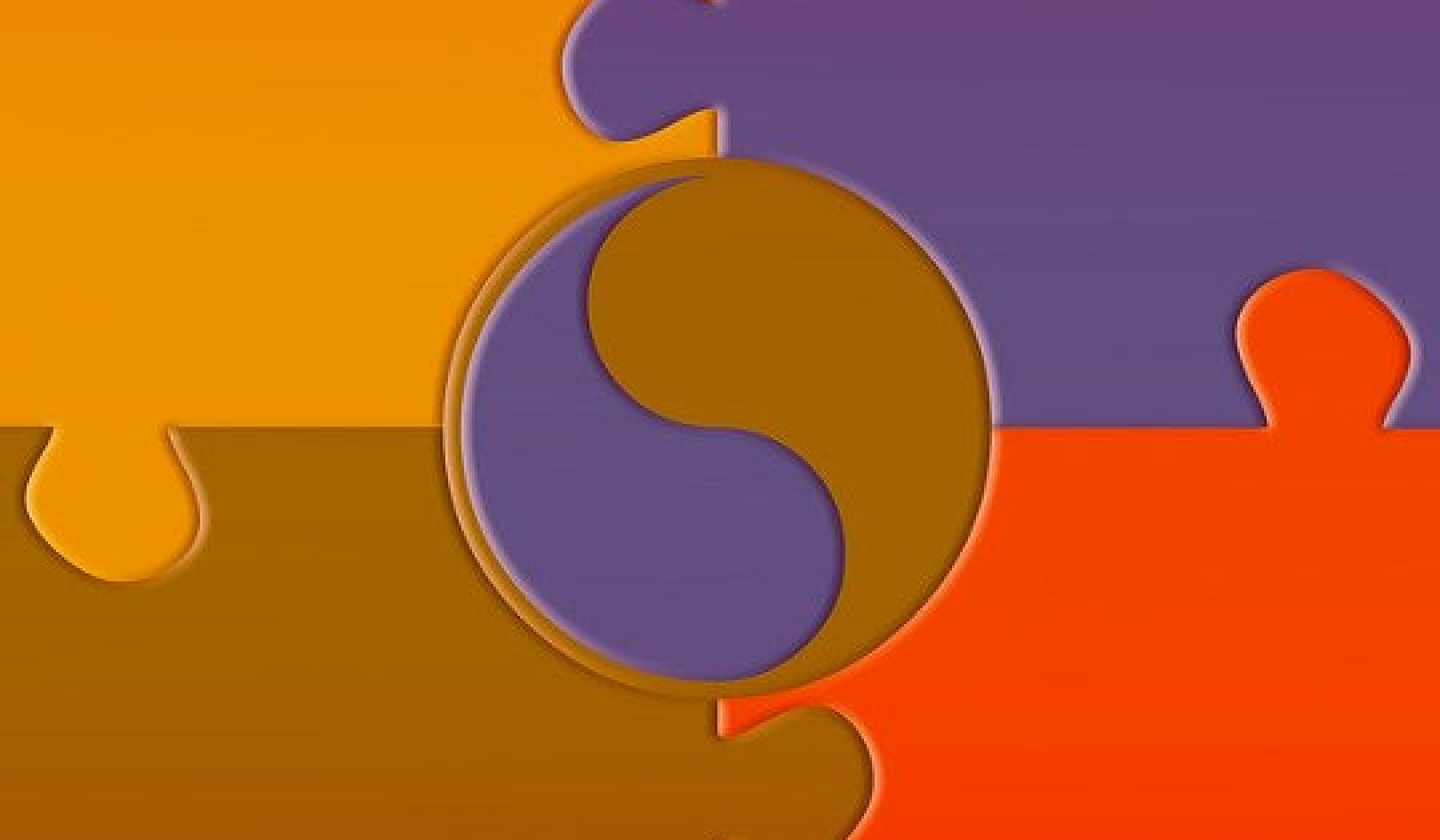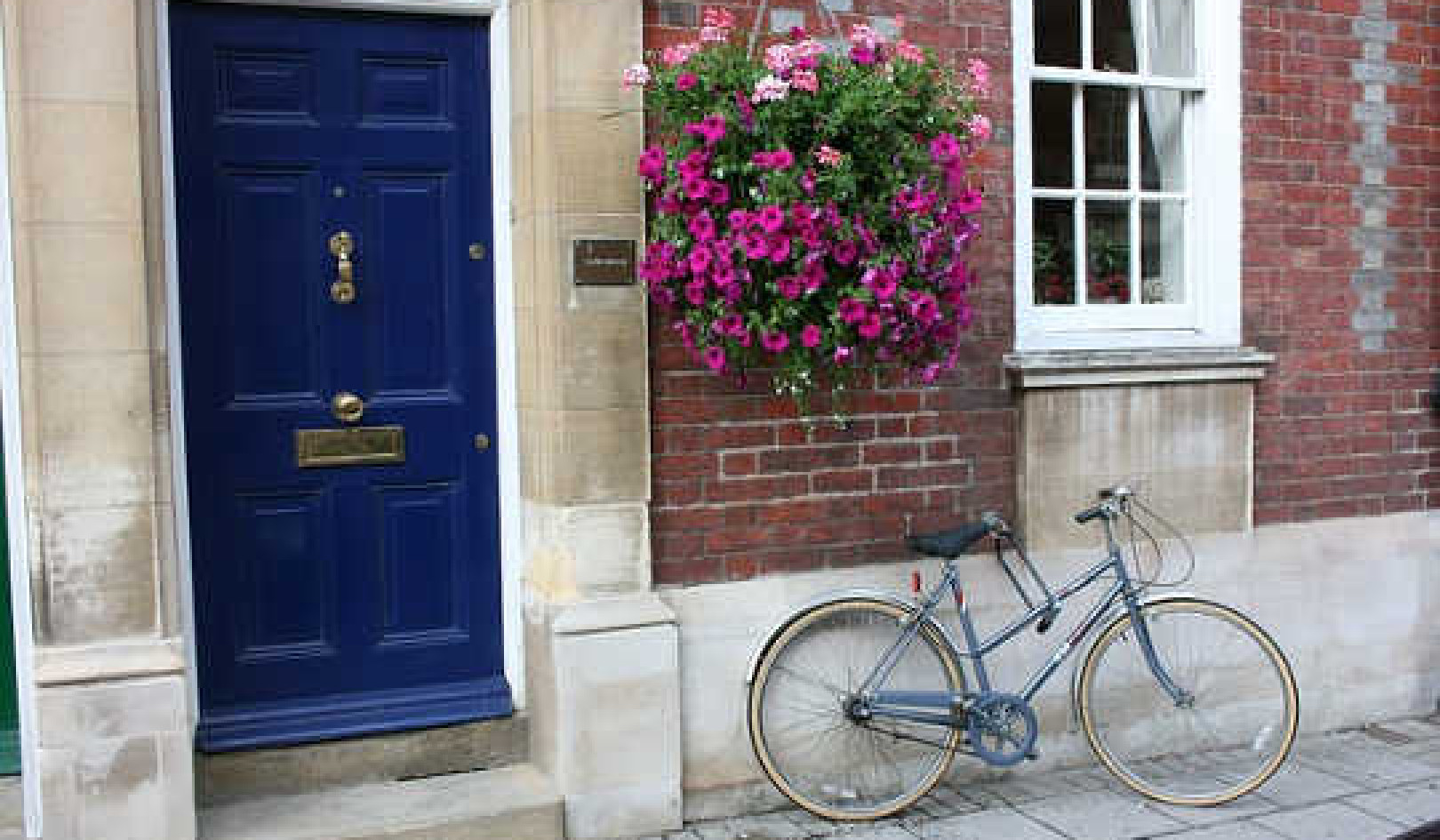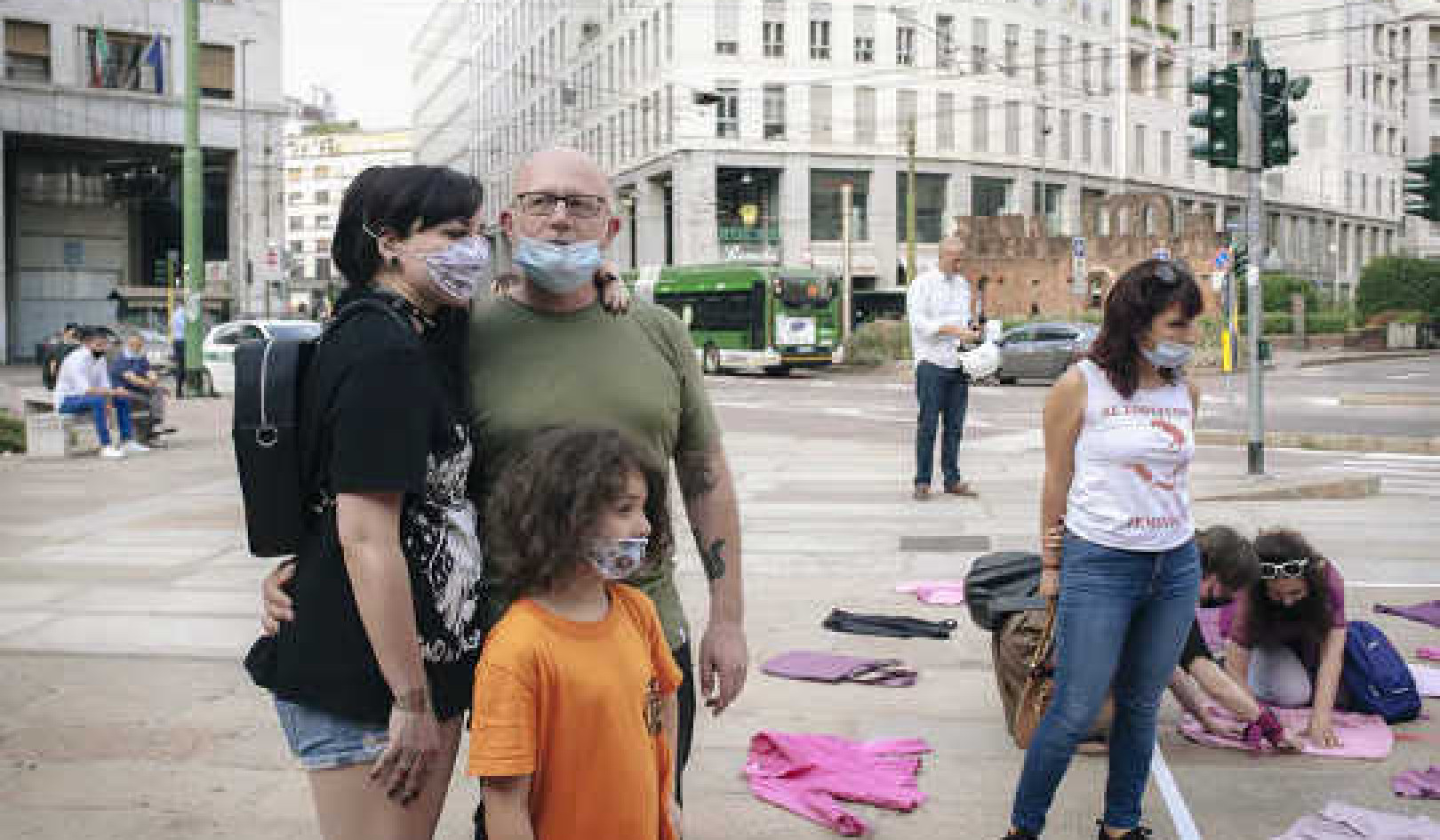
One day, as I was answering a question on the subject of death, the following words came to me: "You are not afraid of death, you are afraid of life."
Thinking over that response, I realized how true it was. Our fear of death is all the greater when we have not dared to live. In fact, if you stop fearing life, you can no longer fear death because you will have discovered within yourself what Life really is. (Not your own life, but the unique and universal Life that nourishes us.) And it becomes obvious that such life is independent of birth and death.
What Is Living?
Daring to live means daring to die at each moment. But it also means daring to be born — daring to pass through important stages in life where the person you used to be dies, in order to make room for someone with a new view of the world (assuming that there are various levels before the ultimate level of Awakening). It is a case of being more and more aware that each moment you are born and you die... you die and you are reborn.
If you deny your earthly dimension,
you will never attain your heavenly dimension.
To put it simply, daring to live also means no longer having the slightest fear of what we feel. I am sure that many of you agree with me, especially those who have begun to discover what lies within their own unconscious. You are afraid of what you bear inside because you cannot fully count on yourself; you know from experience that you tend to get yourself into situations which you end up bitterly regretting. But you are also afraid of what's inside because each of you, as a child, has experienced situations where the way you expressed yourself was brutally contradicted. Your joy of living, high spirits or fervor led to catastrophe when you found yourself being severely reprimanded for something you had been so happily doing.
Perhaps through therapy you had the chance to re-experience how bewildered you were to see your parents overcome with anger, when you had been having so much fun cutting up the best curtains in the house with a big pair of scissors. I once used the shoes of everyone in my family for boats in the bathtub. My parents didn't have much money at the time and there weren't very many shoes in the closet, but there were enough for me to float. Although that sounds quite harmless, it was an incident I re-experienced with tragic intensity, between my mother's despair, my father's severity and my own shattered happiness. I couldn't understand why something that had been such fun had upset my mother so much. She was convinced that all the shoes in the house were completely ruined.
Through Whose Eyes?
Often something which was a small incident in the eyes of the parents was actually a terrible event in the eyes of the child we once were. A fear of "what we are capable of" very quickly takes hold of us. From then on, unless our parents are particularly careful, we ourselves start to smother our own life force. We start repressing our vital impulses. Then, as both psychology and self-observation show us, our discovery of the sexual world often takes place in an atmosphere of uneasiness, misunderstanding and a certain guilt that accompanies childish masturbation. The urges which arise in us during adolescence, which cannot always be satisfied as we would wish, leave us troubled and lost. We no longer completely accept the very powerful life force or libido within us.
Hence, in a world of increasingly free moral standards, where there are enormous possibilities for self-expression and many opportunities to travel, the majority of you no longer dare to live fully. And once you no longer completely assume the life force within you, you begin to fear death. But the fear of death is an illusion; do not be bothered by the fear of dying. What is really important is to free yourself from the fear to live.
Two Faces of Life
There are two faces to this fear of living: one is the fear of what is inside us; the other is the fear of concrete situations and of the consequences they can bring about. Very quickly, our fear of living turns into a fear of suffering. We feel that it is better to live less, so as to suffer less. Look inside yourself; see what is there; Ask yourself if this is how you feel. Private interviews and group meetings with those who come here to our center have shown me how true this is. You are afraid to live because to live means to take the risk of suffering.
This fear is rooted in past experience which showed you that the more you lived, the more unhappy you became. Not only because your enthusiasm may have led you to put shoes into the bathtub but because when you fell in love at the age of eighteen, you ended up suffering so much. Consequently, a certain decision tends to surge up inside — sometimes unconsciously, sometimes quite consciously — "I don't want to suffer like that any more." Now that is a very fine decision to make... but it leads to another one which is totally false, "so I will never love again" or "so I will never put myself into dangerous situations again."
The fact is you must realize that if you commit yourself to the path of knowledge, if you want to gradually pierce the secret of suffering, it is essential to take the risk of living and of suffering.
Your childhood vitality and perhaps even your exuberance often brought about rebuke. You heard statements like, "You shouldn't do that!" or "How dare you do that!" And so this vitality or exuberance became associated with value judgments. Spiritual teachings also seem to greatly condemn the richness of life; they recommend asceticism, austerity, renouncing the world, going into monasteries or hermits' caves and to top it all off, "death to oneself' or "the death of the ego."
I personally was quite surprised to see an austere man like Swami Prajnanpad insist so strongly on the importance of daring to live, laying oneself open and rolling with the punches. It did not seem to go along with my understanding of Hindu spirituality. Yet there is a real risk here, one that I barely escaped on numerous occasions. It consists in trying to camouflage one's fear of living behind noble but untrue words. Let me repeat that I, too, tried to do this. All I say is based on personal experience and on the truths which helped me become free. I consider myself neither competent nor qualified to speak of anything I have not personally experienced.
And so you fight against a feeling of suffocation in relation to your desire to lead a vast and full life, one rich in experience. We run the risk of deluding ourselves by turning our spiritual ideals into an excuse for our fear to live.
Begin To Live
A well-known French saying puts it eloquently: "Celui qui trahit la terre n'atteindra jamais le ciel" — if you deny your earthly dimension, you will never attain your heavenly dimension.
It is a tragic mistake to go on suffocating the already considerably mutilated life force within ourselves, on the grounds that this is what a spiritual path demands. You tell yourself that by gradually withdrawing from the world, you will become the perfect example of a Sage who has renounced everything and bathes in the bliss of nirvana. This is a tremendous lie, based on denial and fear.
All that you have heard from the mouth of the greatest sages or read in spiritual traditions is indeed true: a spiritual path definitely does include a fundamental aspect of death to oneself. One cannot remain a caterpillar and become a butterfly at the same time. Wings do not grow on a caterpillar's back — and they never will. But let us start at the beginning. If you are interested in real spirituality, and not in a caricature, you must first dare to fully recognize the enormous life force that exists in a child, and realize that this life force is divided against itself in you.
It is true that a child's effervescence decreases as he grows older. No one expects an old man to be teeming with energy like a two year old; no one expects an old man to run all over and climb up on everything. But I am convinced that a large part of what is attributed to the natural aging process actually springs from the suffocation of our life force — first by teachers, then by life in general, and finally by ourselves. And I am convinced that no one can become a spiritual seeker or a yogi by suffocating his or her own life force.
©1994. The above was excerpted with permission of the publisher,
Hohm Press, P.O. Box 2501, Prescott, Arizona 86302.
Article Source
The Jump Into Life: Moving Beyond Fear
by Arnaud Desjardins.
 There are no complicated theories here--no rituals, no yogic techniques. There's no magic formula for enlightenment offered, except advice to breathe deeply and to open up and to be grateful. It's a long journey toward the freedom that has been yours all along. This book gives straight-forward advice for that journey from a good-natured man who has seen all the emotional pitfalls and ego-detours and survived, with his heart and mind intact.
There are no complicated theories here--no rituals, no yogic techniques. There's no magic formula for enlightenment offered, except advice to breathe deeply and to open up and to be grateful. It's a long journey toward the freedom that has been yours all along. This book gives straight-forward advice for that journey from a good-natured man who has seen all the emotional pitfalls and ego-detours and survived, with his heart and mind intact.
Info/Order this paperback book
About The Author
Arnaud Desjardins, formerly a well-known film-maker, is an eminent French spiritual teacher, widely respected in France. He is the author of dozens of books, all dealing with a simple, straightforward approach to life. Drawing heavily from his own personal experience and years of study in both Eastern and Western spiritual/religious traditions, Arnaud Desjardins presents a synthesis which is soundly based in psychology, but goes way beyond the limitations of that discipline to include the pristine essence of the human spirit.
Books by this Author
at InnerSelf Market and Amazon























